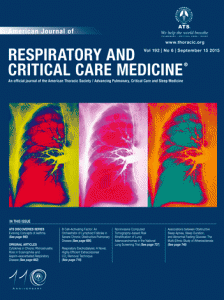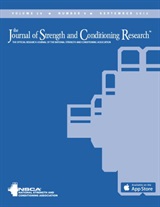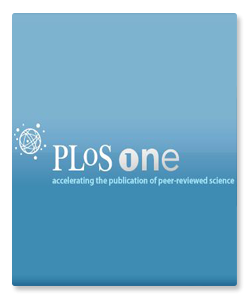PLOS Genetics has upgraded a notice on a paper to an expression of concern, raising the count for author chemist Ariel Fernandez to one retracted paper, and three expressions of concern.
The journal published “Protein Under-Wrapping Causes Dosage Sensitivity and Decreases Gene Duplicability” in 2008. In 2013, Fernandez corrected it, claiming that the work was not actually funded by the U.S. National Institutes of Health, as the original paper had said. The paper has been cited 33 times, according to Thomson Scientific’s Web of Knowledge.
Here’s the expression of concern in full, which was published on September 14:
Continue reading PLOS Genetics updates flagged paper with expression of concern








